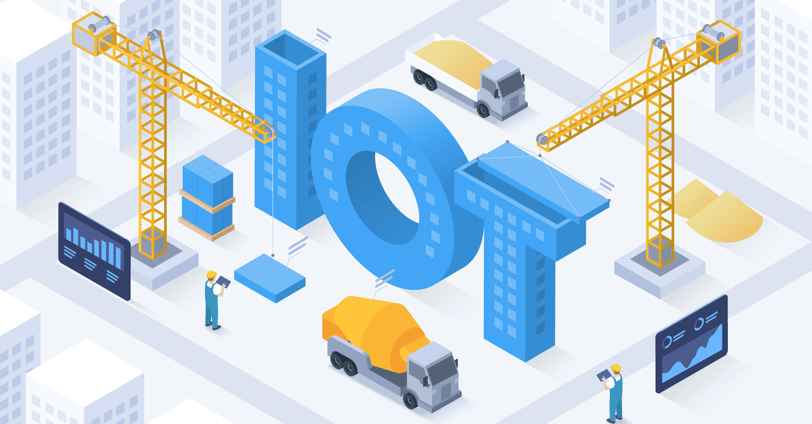What is the internet of things (IoT)?
The internet of things, or IoT, is a network of interrelated devices that connect and exchange data with other IoT devices and the cloud
Modular Home and Pool Express
3/19/20242 min read


What is the internet of things (IoT)?
The internet of things, or IoT, is a network of interrelated devices that connect and exchange data with other IoT devices and the cloud. IoT devices are typically embedded with technology such as sensors and software and can include mechanical and digital machines and consumer objects.
Increasingly, organizations in a variety of industries are using IoT to operate more efficiently, deliver enhanced customer service, improve decision-making, and increase the value of the business.
With IoT, data is transferable over a network without requiring human-to-human or human-to-computer interactions.
A thing in the internet of things can be a person with a heart monitor implant, a farm animal with a bio-chip transponder, an automobile that has built-in sensors to alert the driver when tire pressure is low, or any other natural or man-made object that can be assigned an Internet Protocol address and is able to transfer data over a network.
How does IoT work?
An IoT ecosystem consists of web-enabled smart devices that use embedded systems -- such as processors, sensors, and communication hardware -- to collect, send and act on data they acquire from their environments.
IoT devices share the sensor data they collect by connecting to an IoT gateway, which acts as a central hub where IoT devices can send data. Before the data is shared, it can also be sent to an edge device where that data is analyzed locally. Analyzing data locally reduces the volume of data sent to the cloud, which minimizes bandwidth consumption.
Sometimes, these devices communicate with other related devices and act on the information they get from one another. The devices do most of the work without human intervention, although people can interact with the devices -- for example, to set them up, give them instructions or access the data.
The connectivity, networking and communication protocols used with these web-enabled devices largely depend on the specific IoT applications deployed.
IoT can also use artificial intelligence and machine learning to aid in making data collection processes easier and more dynamic.
Why is IoT important?
IoT helps people live and work smarter. Consumers, for example, can use IoT-embedded devices -- such as cars, smartwatches, or thermostats -- to improve their lives. For example, when a person arrives home, their car could communicate with the garage to open the door; their thermostat could adjust to a preset temperature; and their lighting could be set to a lower intensity and color.
In addition to offering smart devices to automate homes, IoT is essential to business. It provides organizations with a real-time look into how their systems really work, delivering insights into everything from the performance of machines to supply chain and logistics operations.
IoT enables machines to complete tedious tasks without human intervention. Companies can automate processes, reduce labor costs, cut down on waste and improve service delivery. IoT helps make it less expensive to manufacture and deliver goods, and offers transparency into customer transactions.
What are the benefits of IoT to organizations?
IoT offers several benefits to organizations. Some benefits are industry-specific and some are applicable across multiple industries. Common benefits for businesses include the following:
Monitors overall business processes.
Improves the customer experience.
Saves time and money.
Enhances employee productivity.
Provides integration and adaptable business models.
Enables better business decisions.
Generates more revenue.
IoT encourages companies to rethink how they approach their businesses and gives them the tools to improve their business strategies.
Overall, IoT stands as a pivotal technology that continues to evolve, with businesses recognizing the transformative potential of connected devices in driving innovation and efficiency.
All Rights Reserved: 2021-2024
Offices: Tampa - Istanbul - Hong Kong
